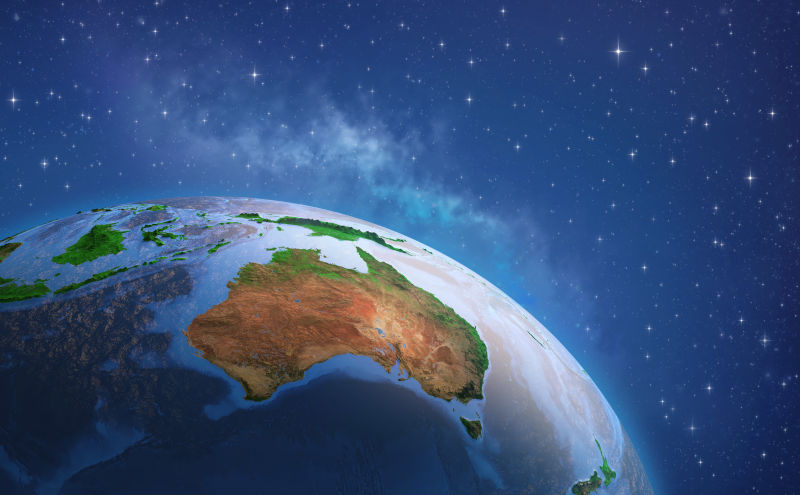The Frontier Thesis and the middle kingdom
February 13, 2023
It goes without saying, and even better with saying, that America’s destiny is now tied up with China, which means so too is Australia’s.
There has, of course, been a lot of commentary on this and on the diplomatic role that middle powers play in an evolving relationship. What has been absent, to some degree, has been an appropriately historicist approach to the commentary, which can inform our perspectives with nuance and insight. That is what prompts this piece.
In 1893 in Chicago, American historian Frederick Jackson Turner gave an influential speech outlining his ‘frontier thesis’. In keeping with a body of intellectual work outlining ‘manifest destiny’, Turner argued that the American national character had been formed by Westward expansion. When coming into contact with successive waves of the frontier, American itself had become egalitarian as well as violent. It was a thesis in a geographic and ideational sense. Turner meant the frontier literally in the move from Boston to California, especially at a time when ‘the natural West’ in the American imagination was closing, was becoming ‘civilised’ and also that the character of the nation was changing. There are nuances and intricacies to this, but what matters from Turner now is that America is not only a continental project but a worldly one. The frontier moved from the Mayflower to San Francisco to Hawaii to the Phillipines to the moon. And now manifest destiny meets the frontier that is China.
Similarly at the level of land and ideas, is ‘the Middle Kingdom’, which is a translated name for China’s own name, Zhongguo, and dates back to the Western Zhuo period around 1000 years ago, albeit in a different sense. Like Turner’s frontier, it was meant as a body of land and as a body of political thought - the central plains region in the Warring States, and the central part of civilisation itself. It appears in a formal legal document for the first time at the Treaty of Nerchinsk in 1689. And, it belies the fact that identity here that is wrapped up with contemporary Chinese nationality. This is the heart of civilisation itself, the centre of the world.
What happens when an irresistible force meets an immovable object? When the West finds the East in a global sense? It remains to be seen, which is what matters now. If America continues to see its destiny in forever expanding Wests, it also has to recognise that it will come full circle, a way around the globe that comes through Eastern states to arrive back at itself, back in Boston or Washington DC after a journey through Beijing. We move in circles after all.
This also matters for thinking through relations of power today. It would serve commentators well to remember the deep seated roots of geographic and theoretical power. For Australia, that means thinking about our own status - a frontier for America, where Crocodile Dundee still holds sway; and a frontier too for China, an iron ore super pit that supplies the raw material from its own inner West. The realist view, the view taken by both sides of parliament, recognises that we are a middle power with regional influence, but we also have an autonomous civilisation in a First Nations reality. Centreing First Nations voices in the long duress matters for holding our balance at home and abroad, matters when we empower Senator Pat Dodson to have a seat at the UN table next to Penny Wong. We would do well then, to consider what non-alignment means, what balancing the future holds for us. After all, the dominant narrative in Cold War historiography was the conflict between Capitalism and Communism, but there was a third way there. Indonesia, India and others demonstrate the wisdom of this approach and so too do the many other nations from then onwards.
The wisdom of that approach was there at the Bandung Conference, which outlined a way of mitigating conflict, and ensuring that middle powers weren’t more fully drawn into Vietnam, asserting a post-colonial sovereignty along the way - no-one’s frontier but their own. It remains to be seen how the Frontier Thesis will interact with the Middle Kingdom, but to my mind, Australians would do well to remember that choosing sides can often mean forgetting what is really at stake when you are simply trying to hold onto a good place.
